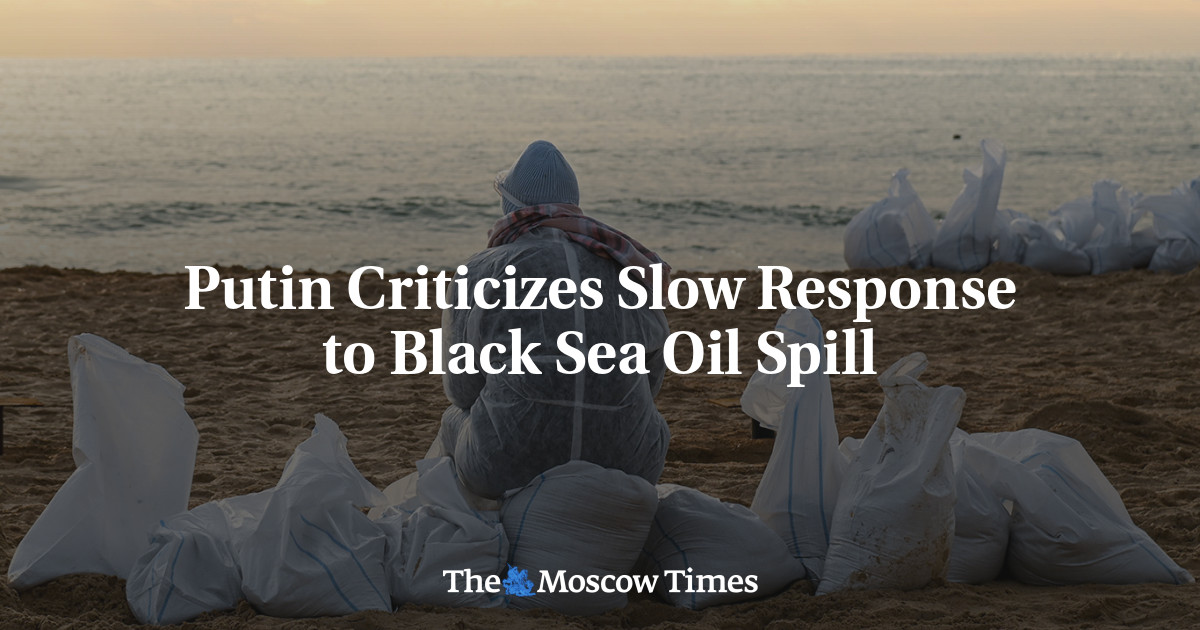South Korean authorities arrested President Yoon Suk Yeol on January 15, 2025. The Corruption Investigation Office for High-Ranking Officials (CIO) led the operation. Yoon became the first sitting president in South Korean history to be detained. The arrest followed his short-lived declaration of martial law on December 3, 2024.
Over 3,000 law enforcement officers participated in the arrest operation. They used ladders and wire cutters to breach the presidential compound. Yoon’s security team had previously blocked access. This marked the second attempt to arrest Yoon, after a failed effort on January 3.
Yoon faces potential charges of insurrection for his martial law declaration. He claimed he acted to protect South Korea from “communist forces” and “anti-state elements”. The National Assembly quickly voted to nullify the martial law. They then impeached Yoon on December 14, suspending his presidential powers.
 South Korean President Arrested After Failed Martial Law Attempt. (Photo internet reproduction)
South Korean President Arrested After Failed Martial Law Attempt. (Photo internet reproduction)In a pre-recorded video, Yoon stated he would comply with investigators to avoid bloodshed. He maintained that the investigation was illegal. Yoon can be detained for up to 48 hours before prosecutors decide on formal charges. The case could carry a maximum penalty of life imprisonment or death.
South Korean President Arrested After Failed Martial Law Attempt
The arrest deepens South Korea’s political crisis. It has impacted the country’s economy and stock market. The won has lost value against major currencies. The United States has called for peaceful resolution of political conflicts. North Korea may exploit the situation for propaganda purposes.
Yoon’s supporters and opponents clashed outside his residence during the arrest. Some waved South Korean and American flags. Others celebrated the action as a victory for justice. The incident highlights deep divisions within South Korean society.
The Constitutional Court is still deliberating on Yoon’s impeachment. If upheld, it would trigger new presidential elections within 60 days. The outcome will significantly impact South Korea’s democratic institutions and regional geopolitics.

 By The Rio Times | Created at 2025-01-15 08:38:21 | Updated at 2025-01-15 12:59:25
5 hours ago
By The Rio Times | Created at 2025-01-15 08:38:21 | Updated at 2025-01-15 12:59:25
5 hours ago








